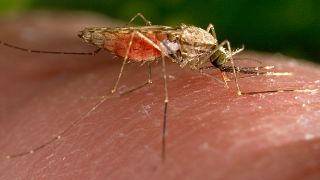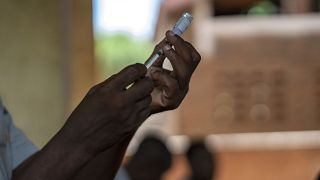Malaria
Global malaria cases rose by 11 million in 2023, reaching an estimated 263 million, according to a new report from the World Health Organization (WHO). This marks another year of limited progress against the deadly disease, which continues to claim hundreds of thousands of lives annually.
Malaria deaths in 2023 totaled 597,000, a figure comparable to 2022. The overwhelming majority of fatalities occurred among children under the age of five in Africa, the report highlighted.
“No one should die of malaria; yet the disease continues to disproportionately harm people living in the African region, especially young children and pregnant women,” said WHO Director-General Dr. Tedros Adhanom Ghebreyesus.
Stalled Progress Since 2015
Between 2000 and 2015, malaria cases and deaths saw a significant decline. However, progress has stagnated in recent years, with setbacks exacerbated by the COVID-19 pandemic. The number of cases per 1,000 people at risk has risen from 58 in 2015 to 60.4 in 2023, nearly triple the WHO’s target. Similarly, there were 13.7 deaths per 100,000 people at risk, over twice the target set by the organization.
Challenges in the Fight Against Malaria
While new tools such as two vaccines and next-generation bed nets offer hope, the battle against malaria is hindered by several challenges. Climate change, conflict, displacement, drug and insecticide resistance, and insufficient funding all pose significant obstacles. The report noted that $4 billion was allocated to combat malaria in 2023, less than half of the estimated $8.3 billion needed.
Despite these challenges, some countries have made progress, demonstrating the potential for effective interventions with adequate resources.
The WHO’s findings underline the urgent need for renewed global efforts and investment to tackle malaria, which remains one of the world’s deadliest infectious diseases.














Go to video
Immunization at risk: Global health leaders urge action amid rising disease outbreaks
00:47
Ghana: President Mahama suspends Chief Justice Gertrude Torkornoo
Go to video
Police rescue 33 West Africans from a human trafficking scam in Ivory Coast
Go to video
Pope Francis' funeral scheduled Saturday April 26
Go to video
Al-Qaida-linked militants attack a strategic town in Somalia
Go to video
Trump administration threatens Harvard over foreign student visas and protest ties